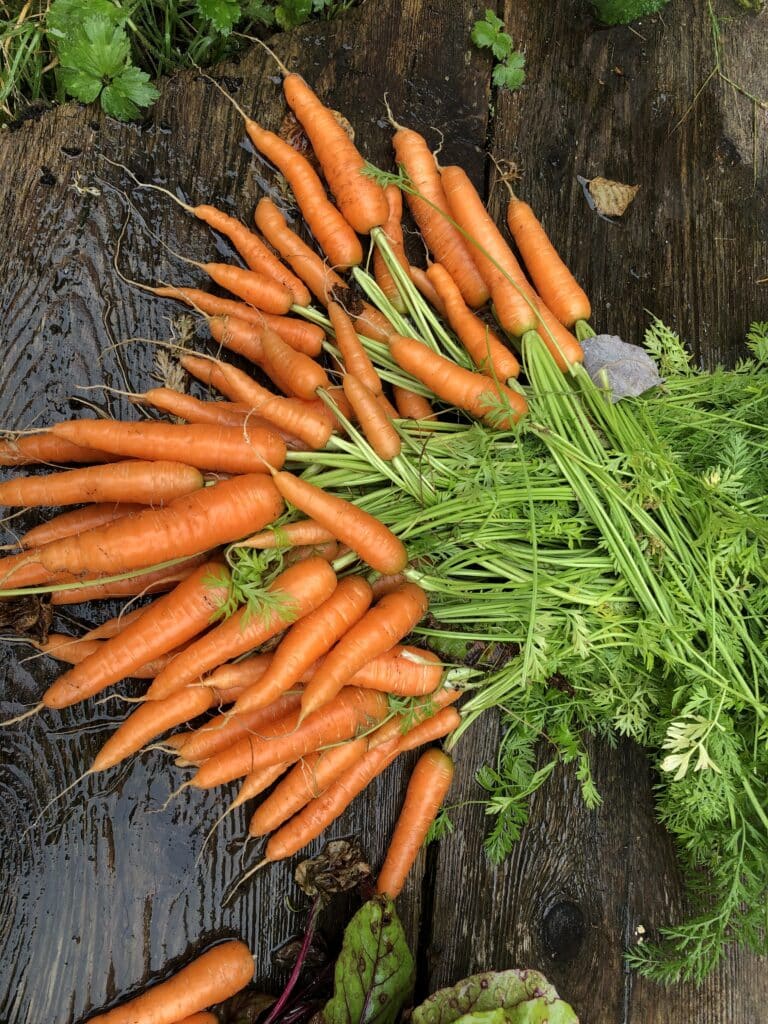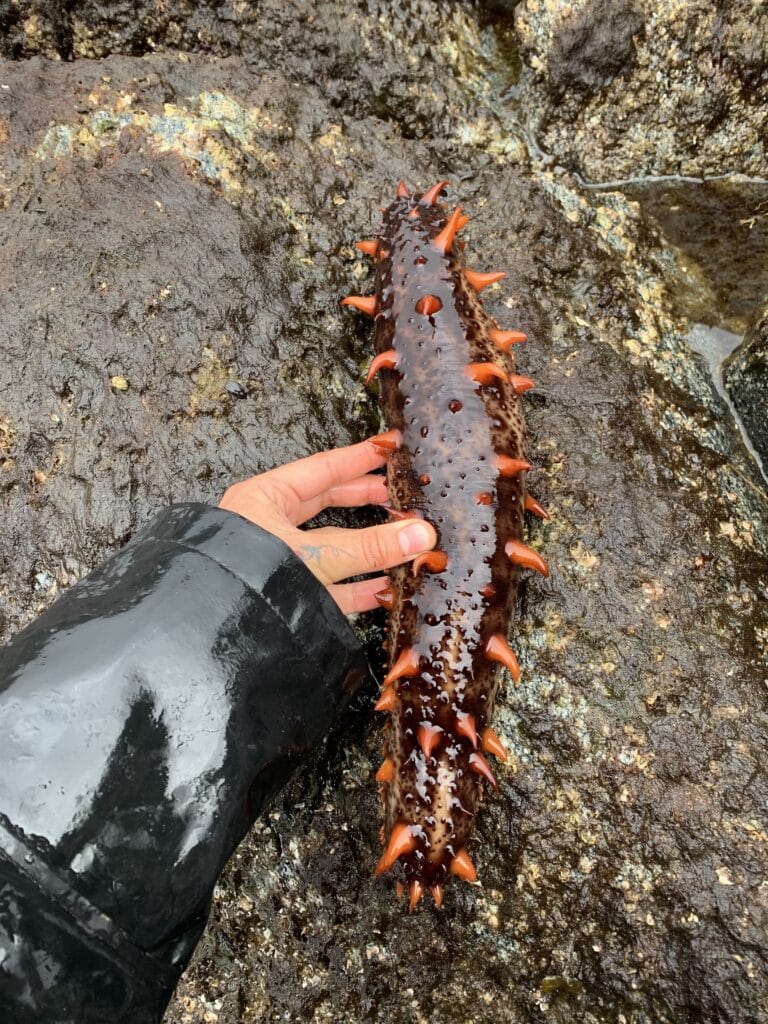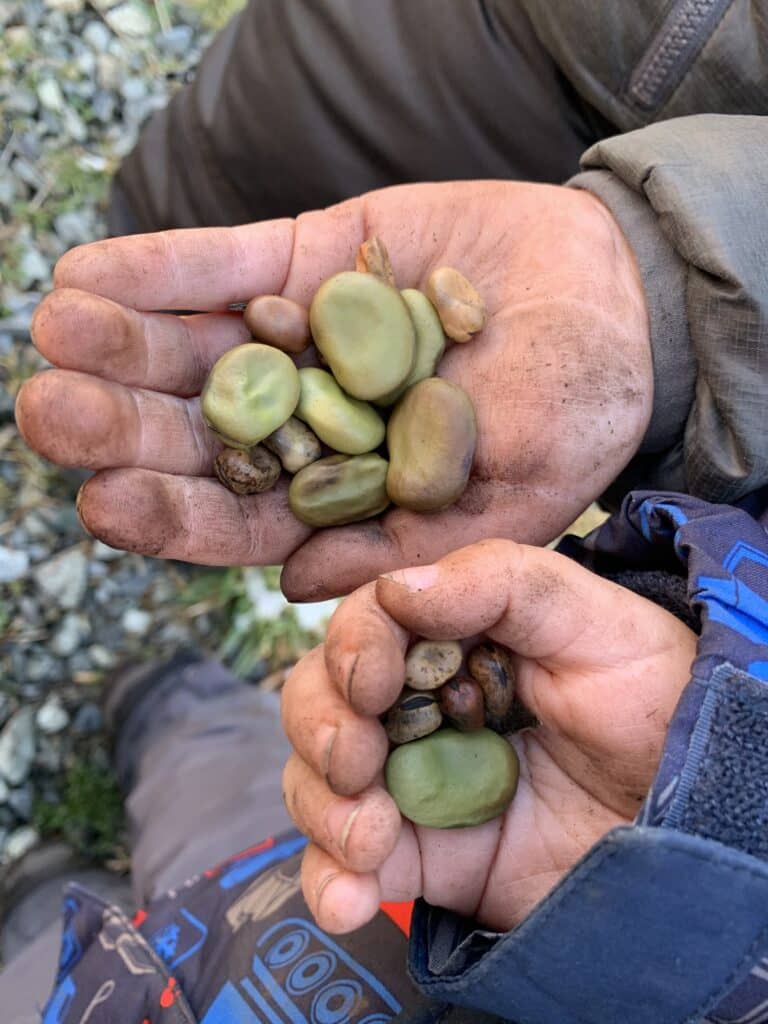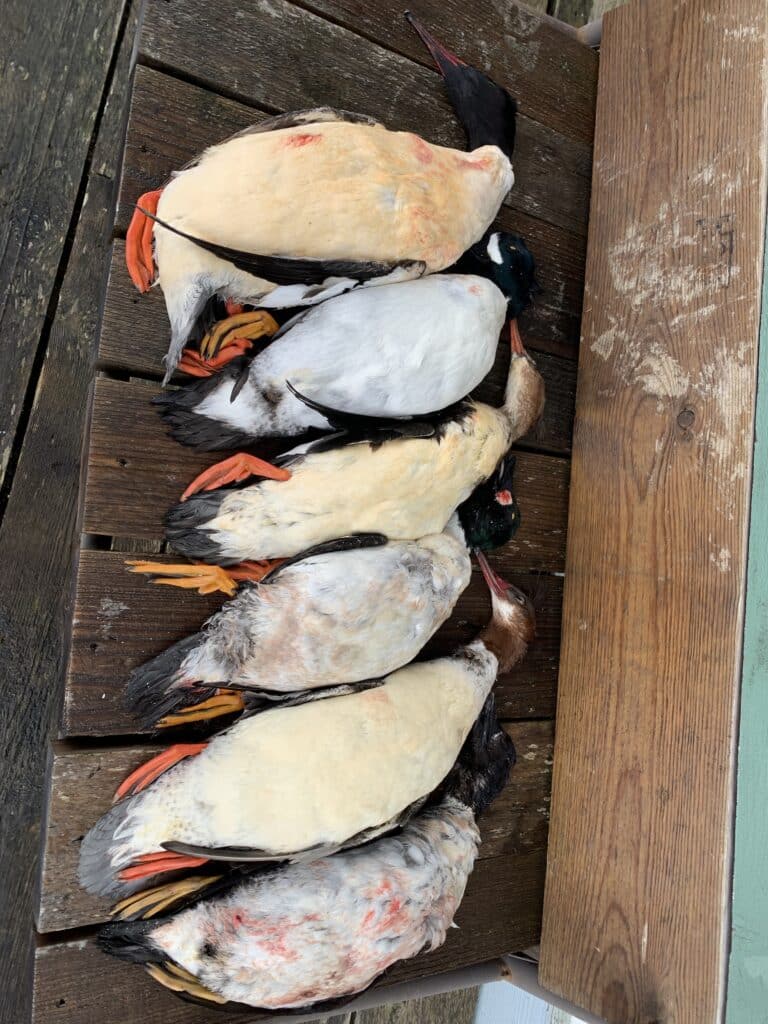About us
A lifetime of practicing ancestral foodways, including harvesting and preservation, is how food became a focal point in ‘Cúagilákv (Jess H̓áust̓i)’s work. Jess has been working in Heiltsuk-related food work for a large part of their career and during the pandemic they realized that they wanted to build a network with other regions because of the precarity of food supply chains. While Jess acknowledges that work is being done by other organizations in the region and coast to coast, they realized that “we are not going to localize our food economy and build resilient food systems in silos.” This prompted them to realize that there was a need to create “supportive, loving, and reciprocal relationships” with their neighbours.
Coastal Foodways wants to create a body of locally relevant resources that are written specifically for their communities that Jess hopes will be a helpful contribution to the work that has already been done by many leaders in food sovereignty, including their ancestor’s work. They add that “so much about what is out in the world doesn’t make sense in our geography, doesn’t make sense in our microclimate.” Their first step is building a library of resources that will help build skills in harvesting, preservation, and responsible foraging.
Coastal Foodways also has microgrants to support work that is already happening in food sovereignty on the central coast, this aligns with the “reciprocal knowledge sharing” that Jess strives for. Coastal Foodways is also in the first steps of creating a seed bank, in the hopes that they will be able to build seed stock for distribution to communities food projects.
Jess’ dream for the organization is to “find meaningful, sustainable ways to rebuild the grease trails, the potlatch trails that used to connect our communities.” They realize this can be a challenge, specifically in their region because they are geographically remote from big centers, but are also remote from other communities, which could cause problems for food travel. Jess hopes that Coastal Foodways can eventually manage the cost of travel between communities, so that they can share, buy and trade with each other again. For Coastal Foodways this means they can “lower the cost barrier, lower the logistical barrier and offer food safe and reliable, responsible food transportation for items like bear grease, herring eggs, groceries, seeds, and locally produced plants.
Mission + Vision + Values
- Our goal is to break down the systemic barriers to food security, starting by creating resources and building capacity that make sense for our bioregion and cultural systems.
- We believe our communities deserve abundance, and we are here to support you to grow, forage, harvest, jig, pick, and trade your way to nourishing and plentiful food systems.





